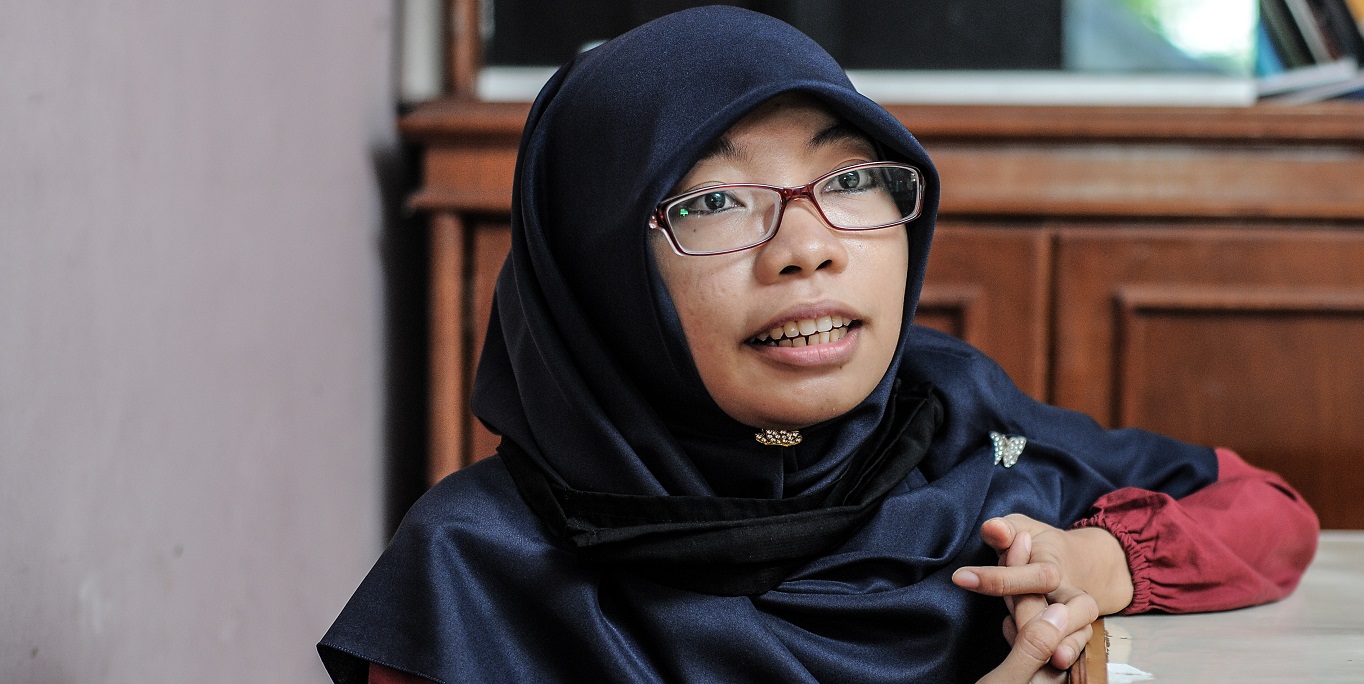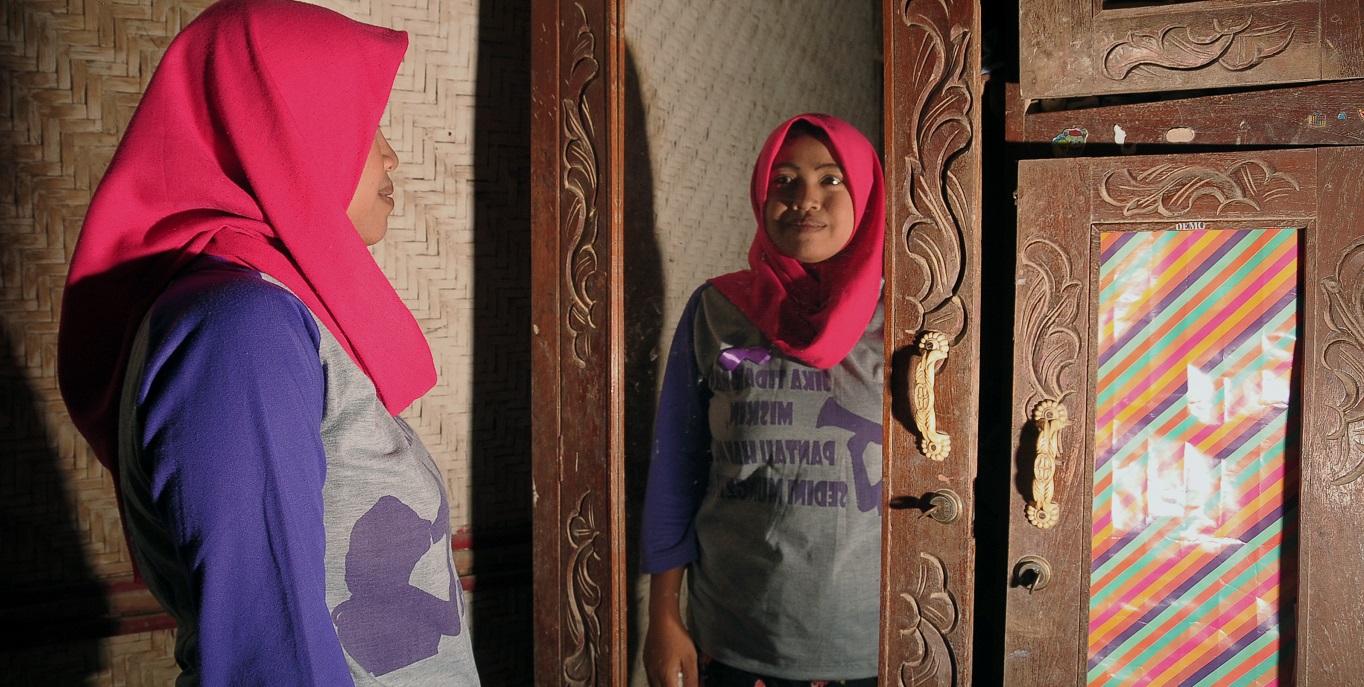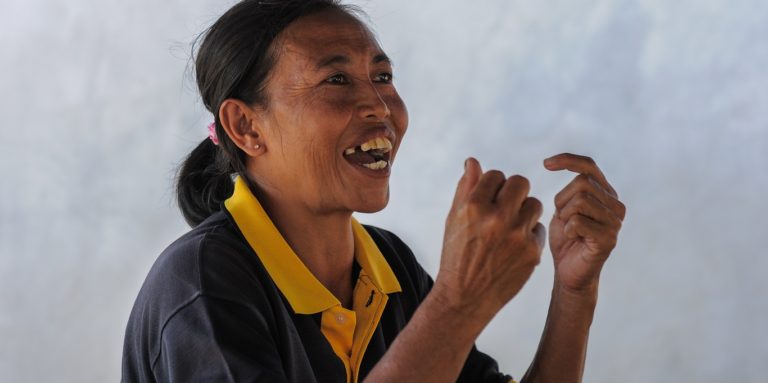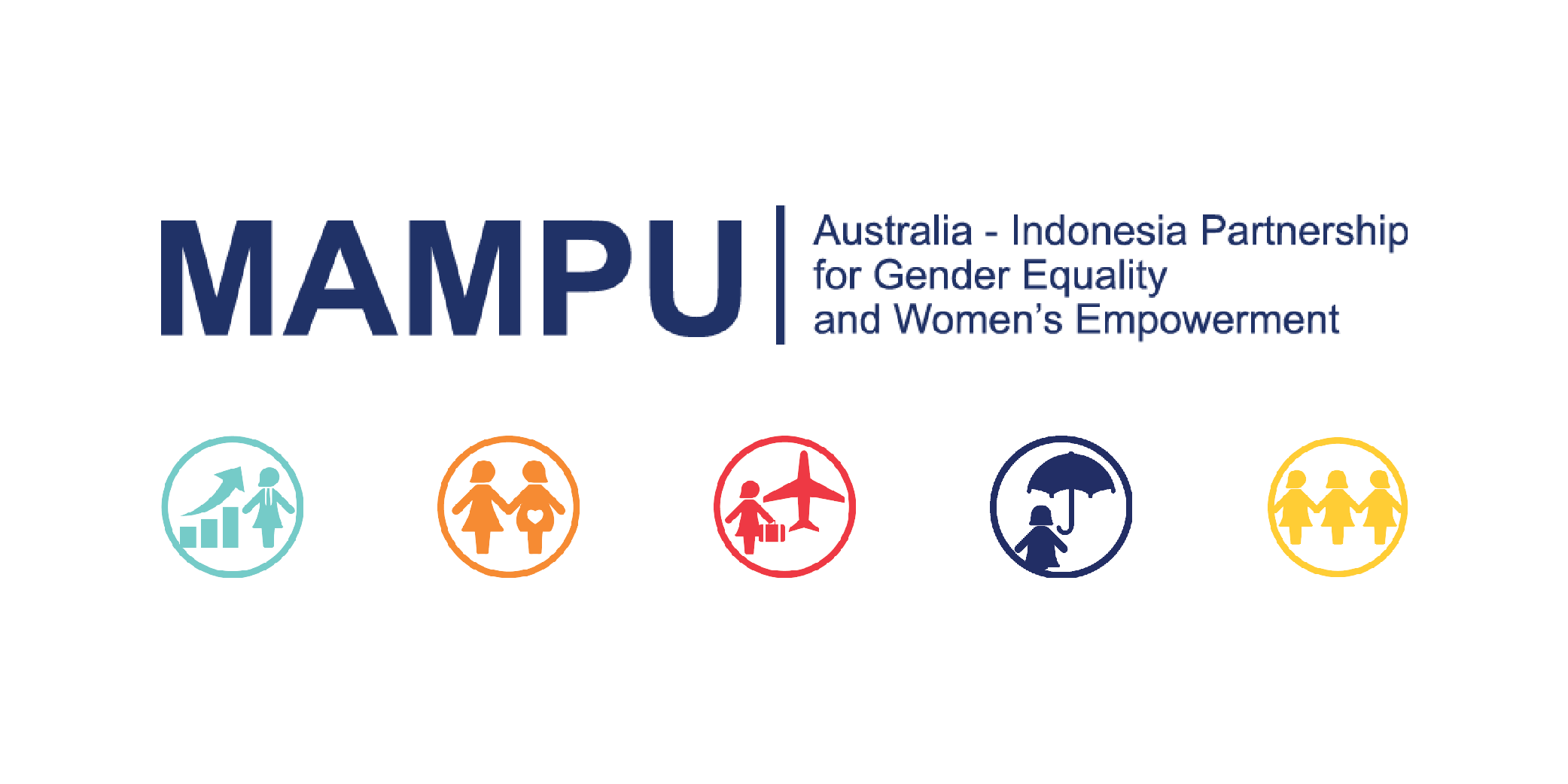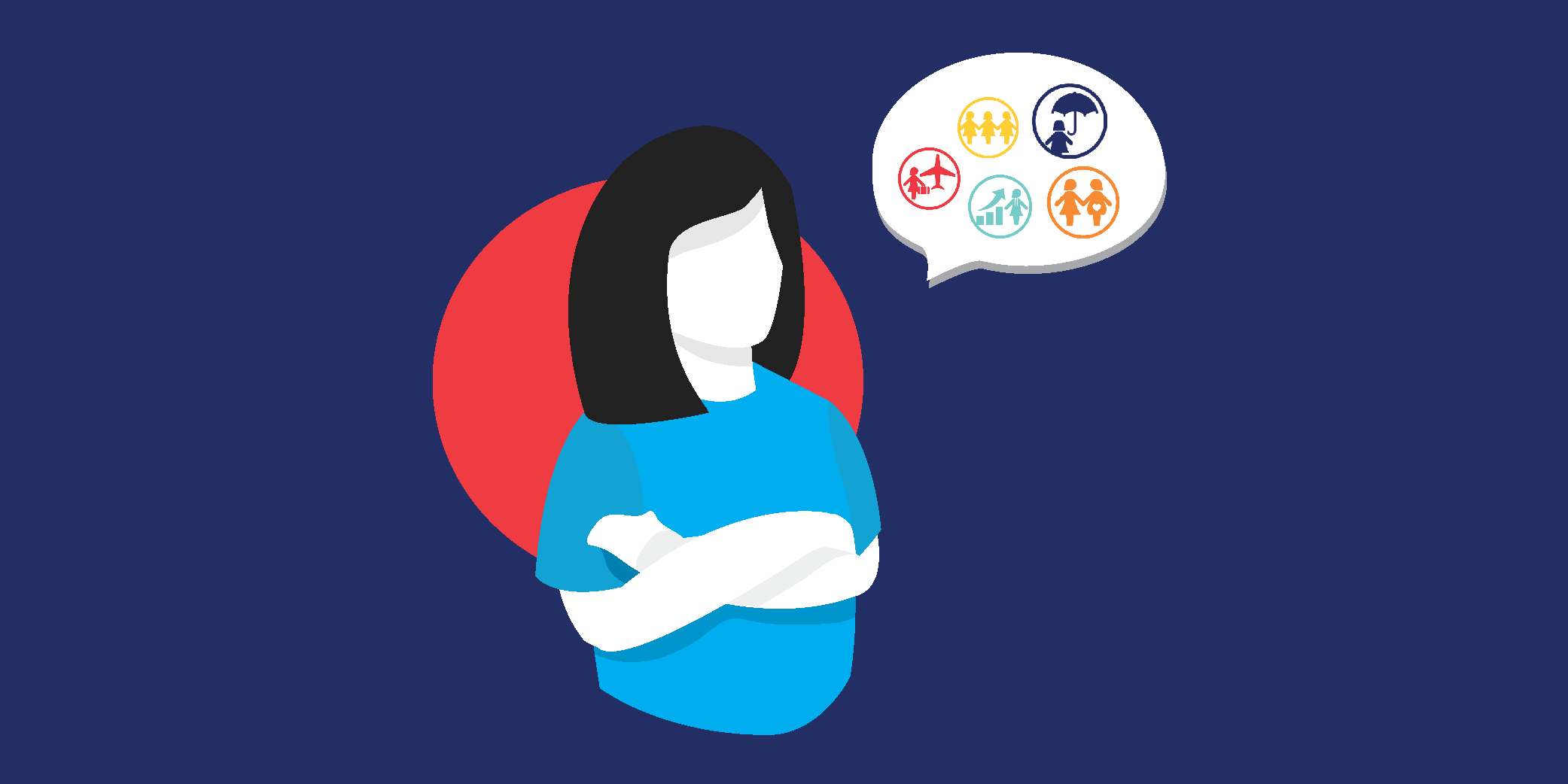Our Thematic Areas
Increasing Access to Social Protection Programs
Why this issue is important
Social protection tackles poverty by reducing inequality and building household resilience when faced with life-changing events like illness or accidents, which can push the poor deeper into poverty.
Effective social protection programs can contribute to 14 of the 17 Sustainable Developments Goals (SDG). The Government of Indonesia is committed to creating a comprehensive social protection system, through the National Health Insurance scheme (JKN) which was initiated in 2014.
However, many poor women, women-headed households, those working in the informal sector, and those living in remote areas, are still unable to access the program, especially reproductive health services. They lack knowledge of program requirements, the services provided, or are missed in government targeting because they still don’t possess legal identity documents.
Our approach
MAMPU supports three partners to improve women’s access to government social protection programs, in particular government subsidized health insurance. KAPAL Perempuan, PEKKA and KPI build women’s leadership and empower them to be able to advocate to decision makers to improve women’s access to social protection programs and other government services and social programs.
MAMPU partners empower poor women to increase their voice and influence in decision making. They mobilize communities with awareness raising through socialization of social protection programs, complaints-handling, research, and monitoring and advocacy to improve the quality of data on beneficiaries at the sub-national level. Through MAMPU, they have expanded their networks and influence, from village to government and parliament at local and national levels.
MAMPU support provides space for partners to try new models and strategies to improve access to services and enhance women’s roles in local-level development planning to ensure policies and budgets consider their aspirations.
- ‘KLIK PEKKA’, an initiative of PEKKA provides consultation services in remote areas on how to access government social protection programs, legal identity documents, and services for survivors of violence.
- Sekolah Perempuan or Informal Women’s School, an initiative of KAPAL Perempuan organizes women, teaches them about women’s rights and shapes women leaders to be actively involved in decision-making processes in the private and public sphere.
- PIPA-JKN, an initiative from KPI, organizes women’s groups (Balai Perempuan) to develop women leaders who monitor women’s access to national health insurance (JKN) by receiving and following up on public complaints.







